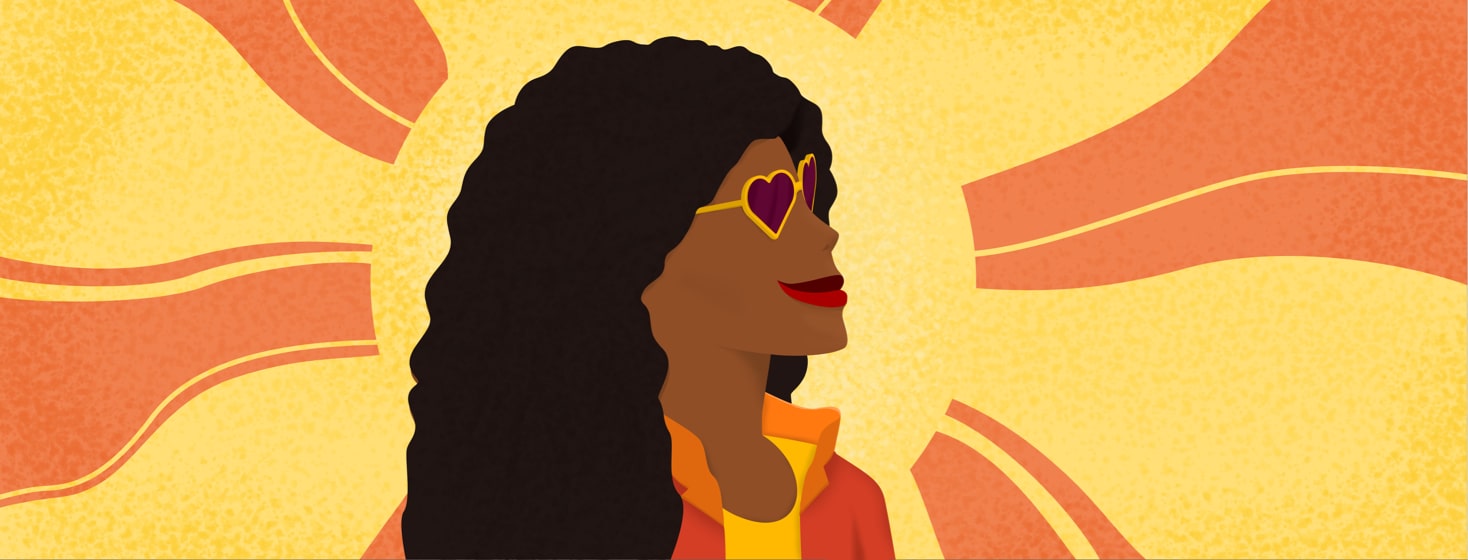Accepting My Disease
I figured out that things were a lot easier once I accepted my disease. We all know sickle cell is something that you are born with and although there is a cure (through bone marrow transplant) many sickle cell warriors don’t get the transplant.
Learning to accept sickle cell
Growing up, I struggled with my disease. You see, I had a very “sick” childhood, and despite being sick, I was still very much trying to live a “normal” life. Now I am not saying if you have sickle cell, you can't live a normal life, you most definitely can, but with accommodations.
For a very long time, I didn’t think I needed that, nor did I want it. Having sickle cell was something I did not want to think about until I had to think about it because I was sick.
It takes time
As I got older, I started to learn that I had to accept my disease and learn how to properly live with it. I had to tell myself that we all get one life and I am currently living mine. I didn’t want to live in denial of the disease and I also didn’t want to live in fear.
Now, this took time, it didn’t happen overnight. What made it so difficult was that people around me didn’t often talk about the disease and some people close to me didn’t even know I had it. Listed below are some of the things I did that help me learn to accept my disease.
What helped me cope:
1. I learned more about sickle cell
Just because I have the disease doesn’t mean I knew much about it. I had to really sit and educate myself on sickle cell, the good, the bad, and the ugly. However, I like to focus on the good, I like to try and find some good even if it is hard.
2. I had to learn to listen to my body
If I want to be the healthiest me, I had to learn to listen to my body. That means knowing my triggers, understanding when I need to slow down, keeping my stress levels down, and more.
3. Speaking up
I had to learn very quickly how to be my own advocate. Advocating for myself at school, at work, in the hospital, and in my personal life. The goal isn’t for people to feel sorry for me, but for them to understand my special and specific needs due to my disease.
4. Educating others
You will be surprised how much people do not know, and because they don’t know they remain quiet. So to help myself, I made sure I was educating my teacher, and employers on sickle cell.
5. Limitations and accommodations
I learned that I needed to have some personal limitations, things that I can and cannot do. Knowing how far is too far and not pushing myself past that limit. Also knowing what accommodations were out there for people like me.
I hope this article inspires someone who is struggling with accepting their disease or who is wondering “why me”. I tell myself, it is okay to ask those questions and feel that way, but it's not okay to stay in those feelings.

Join the conversation